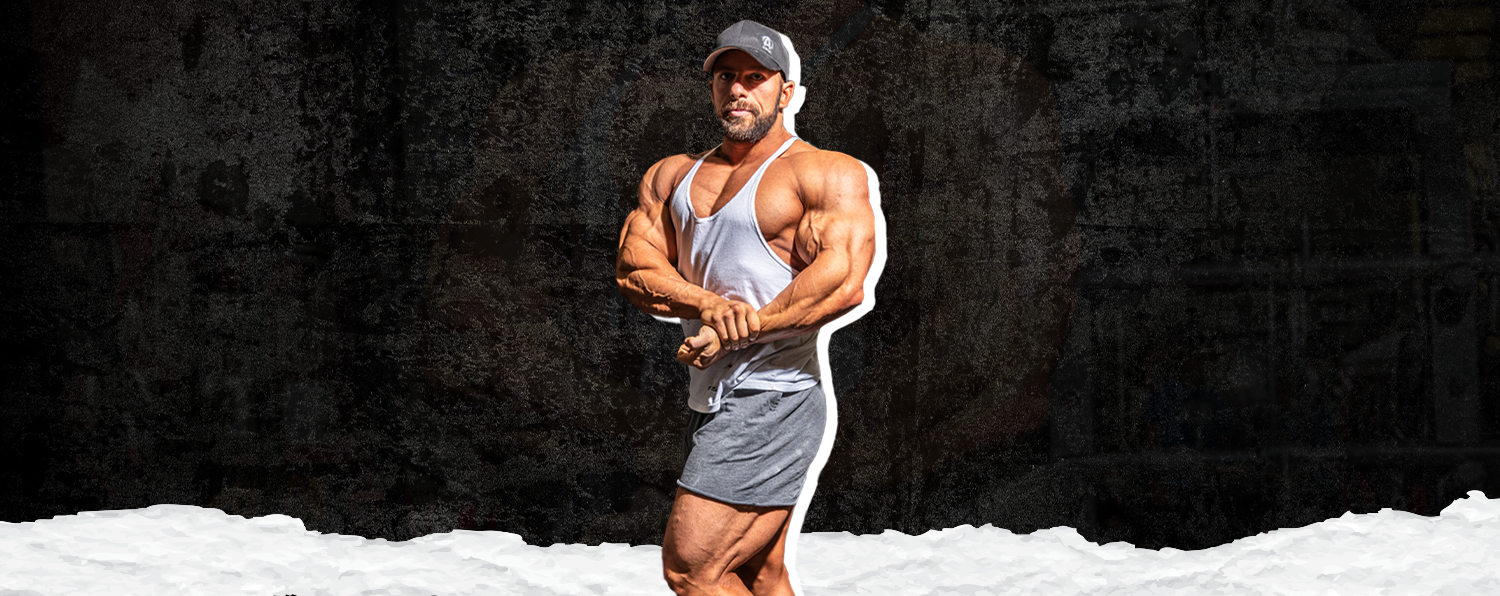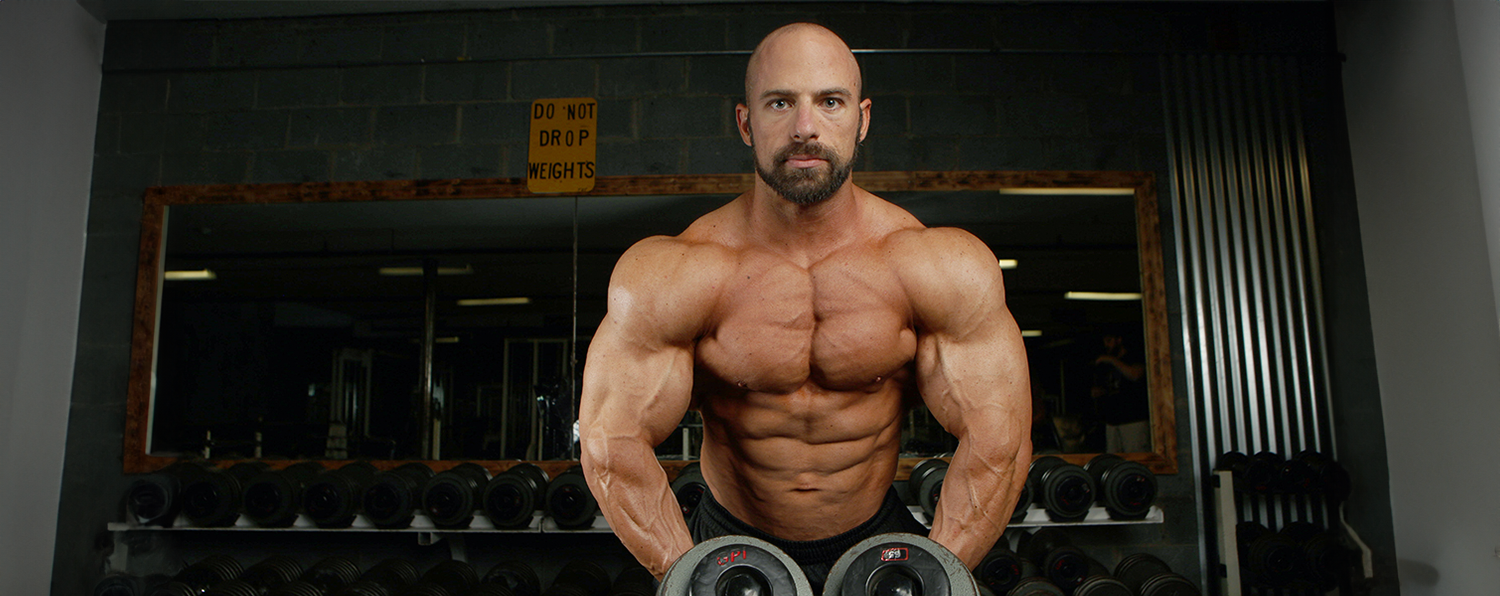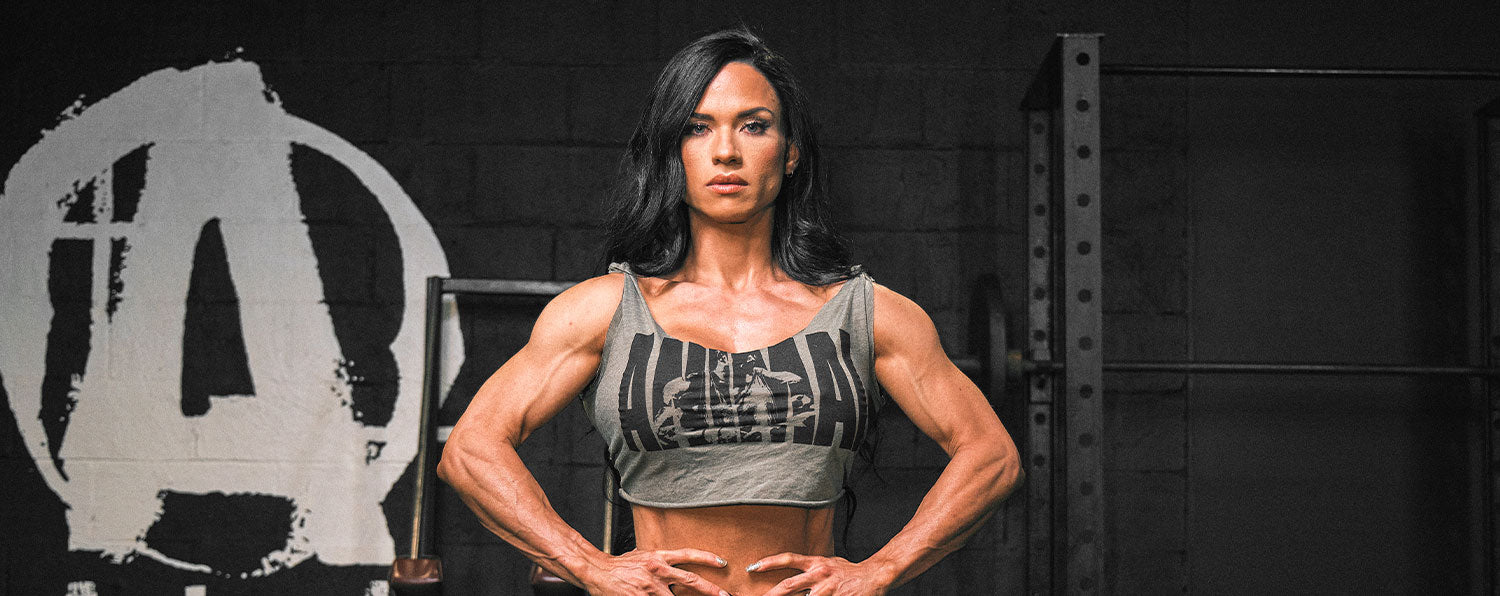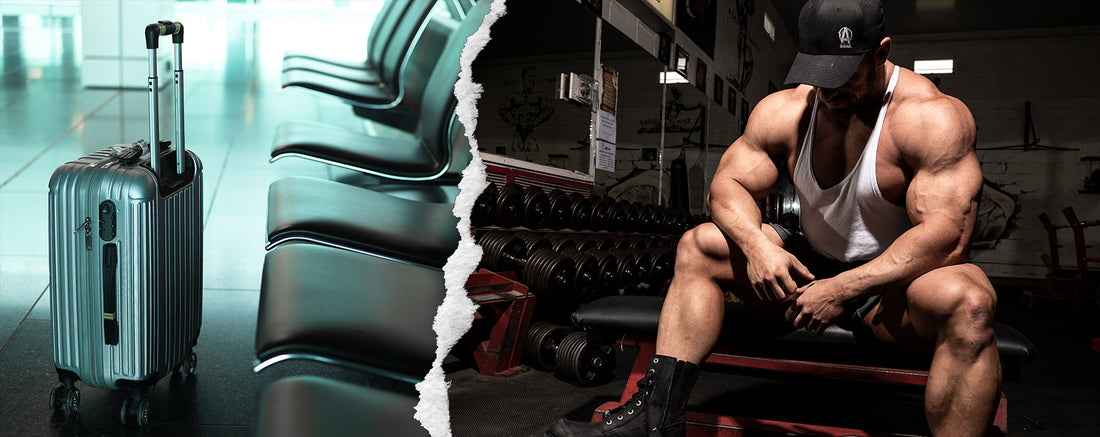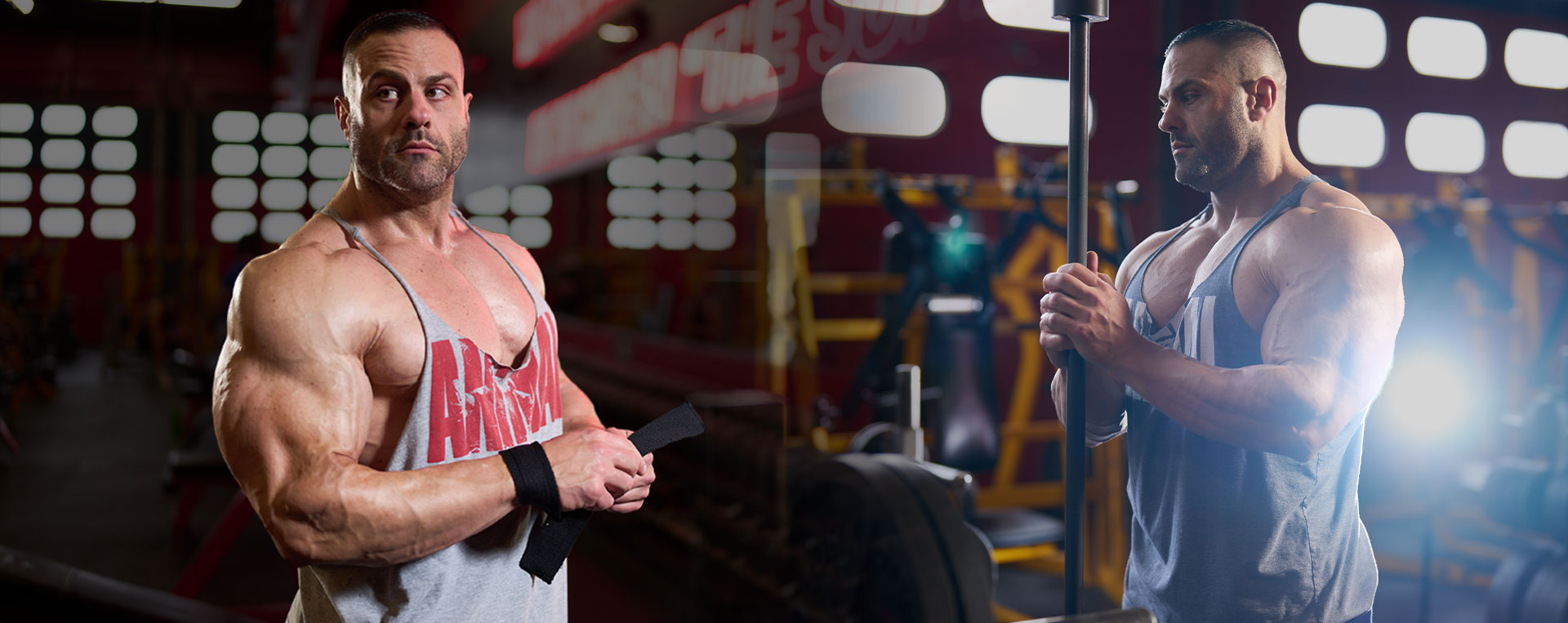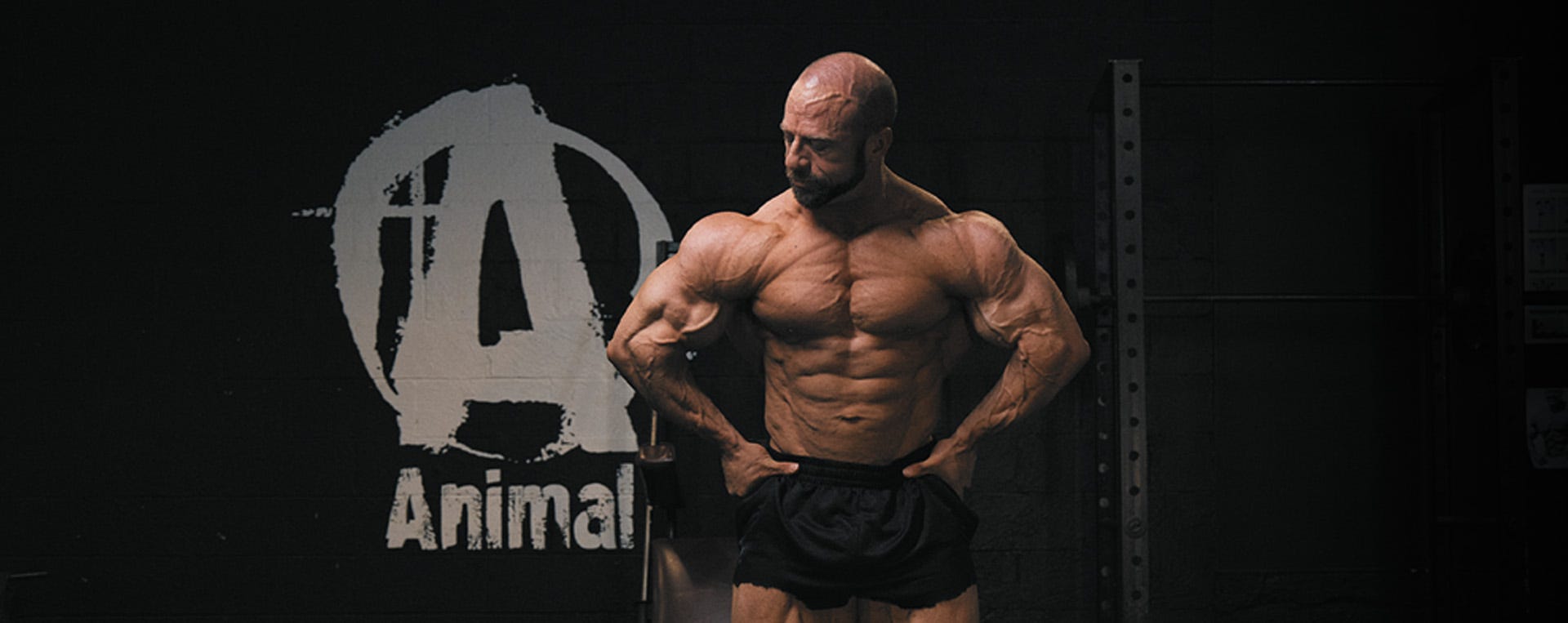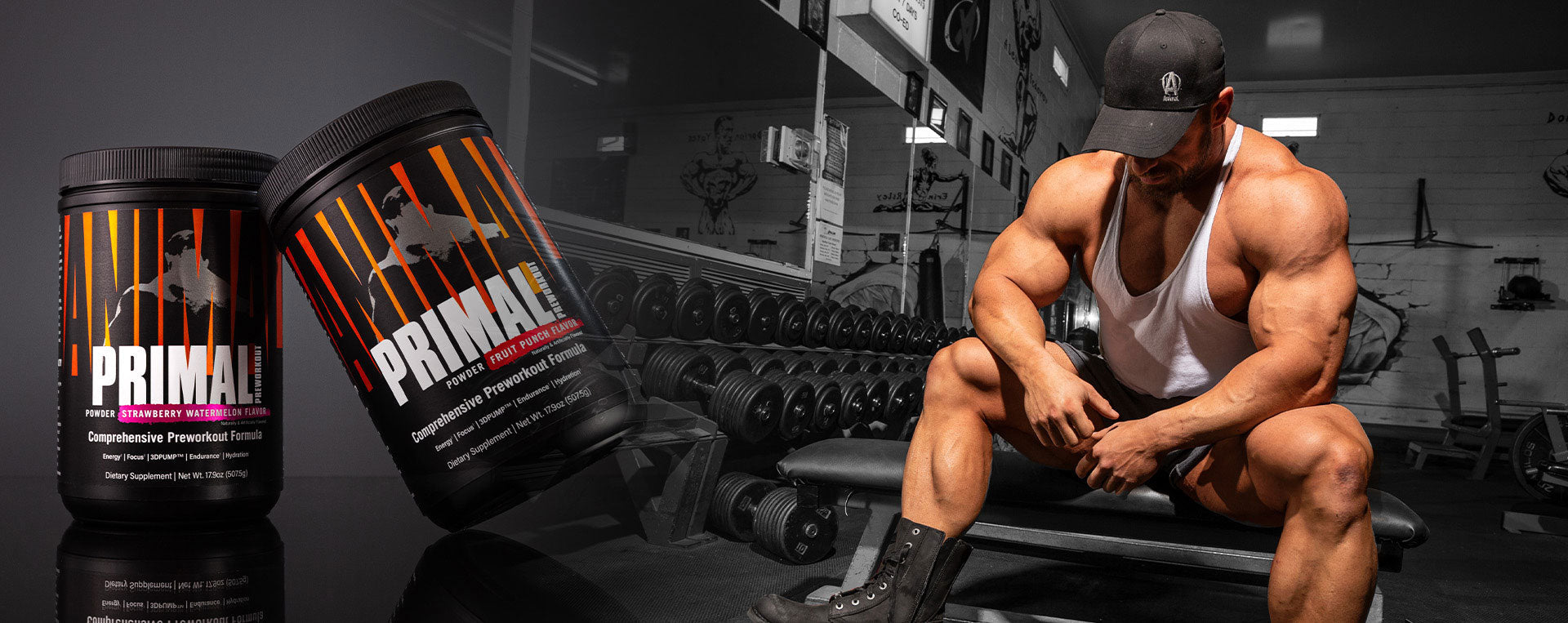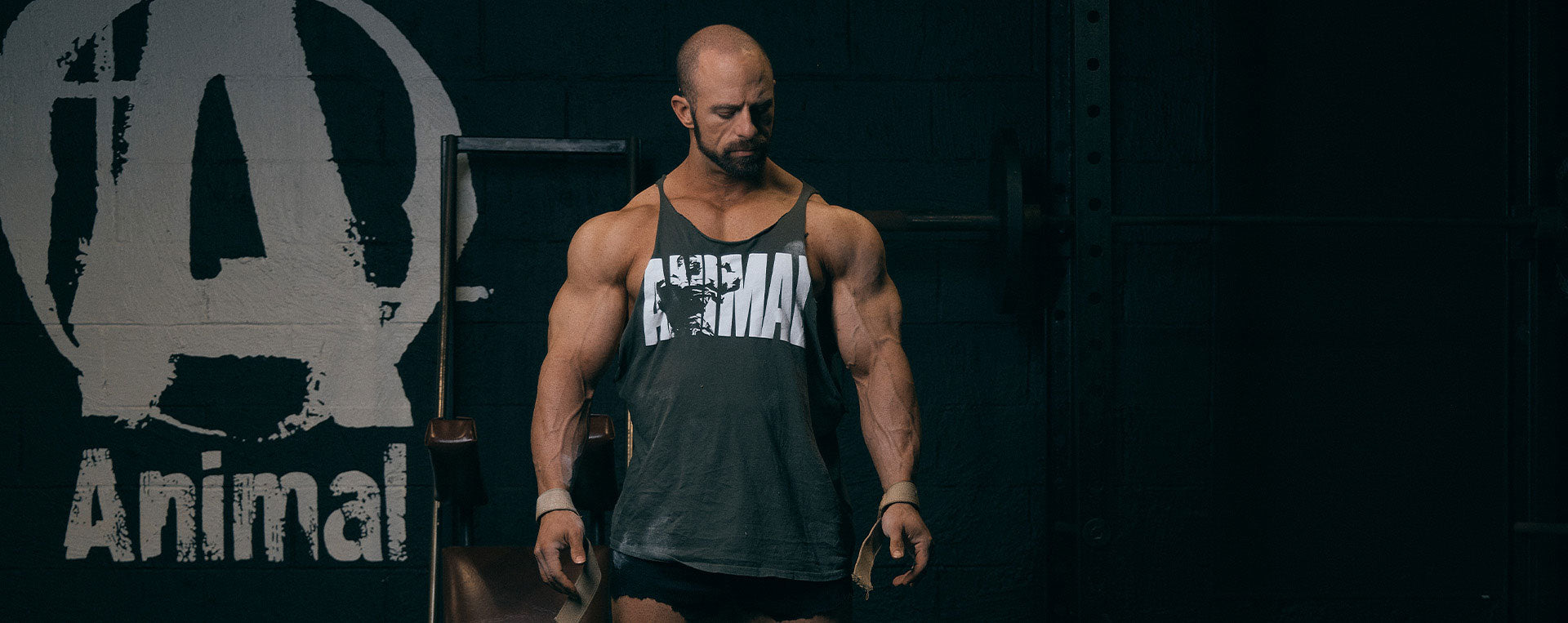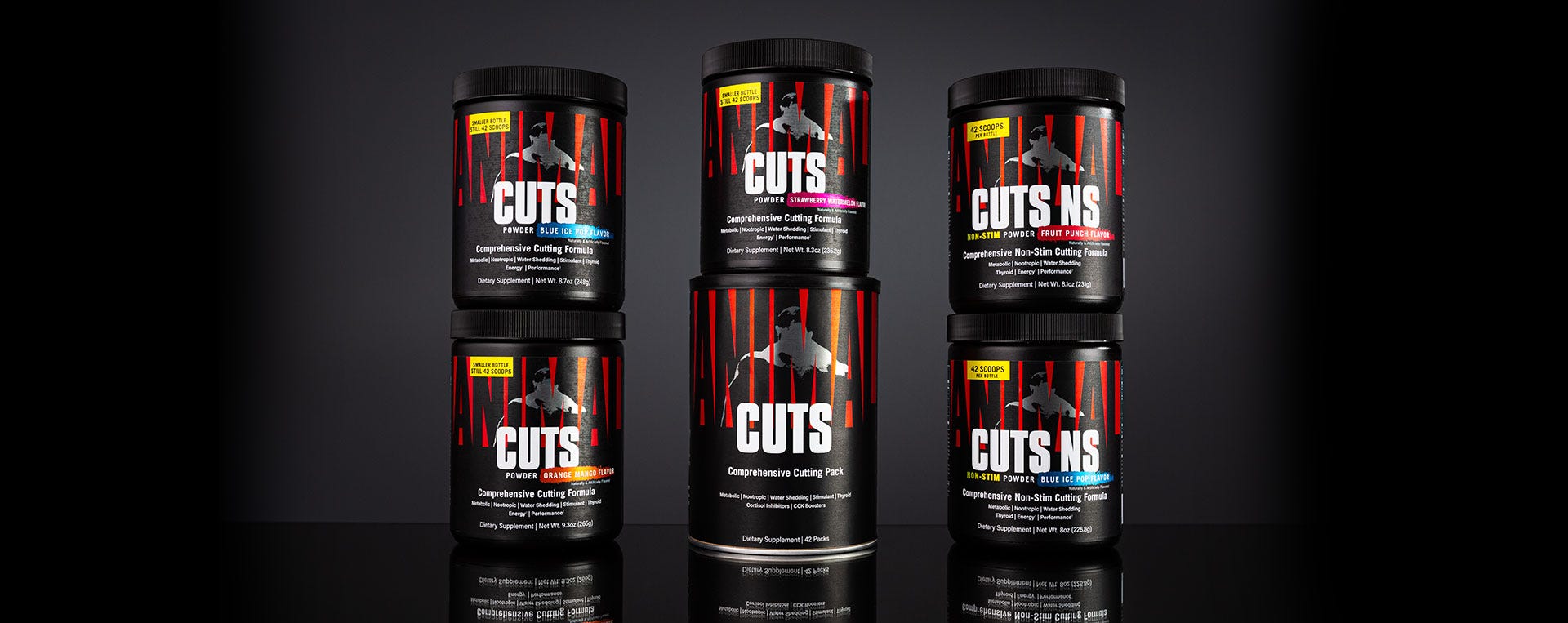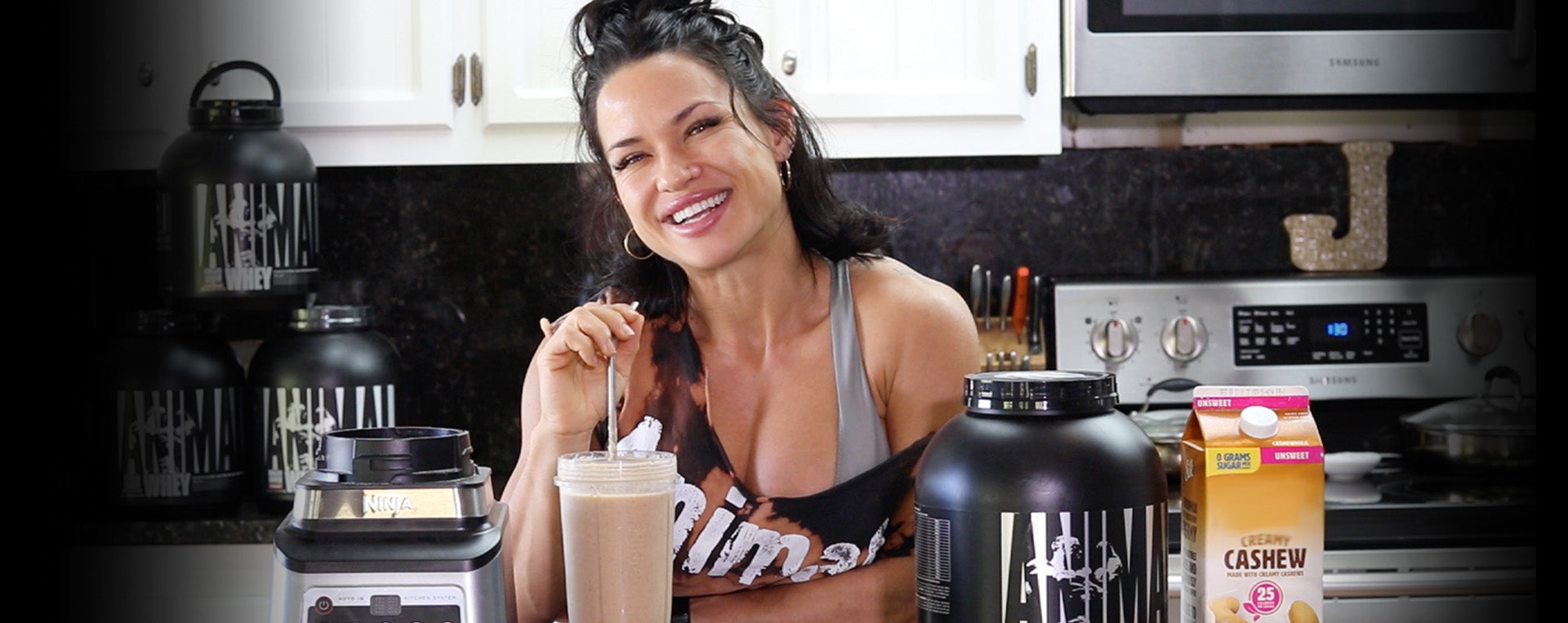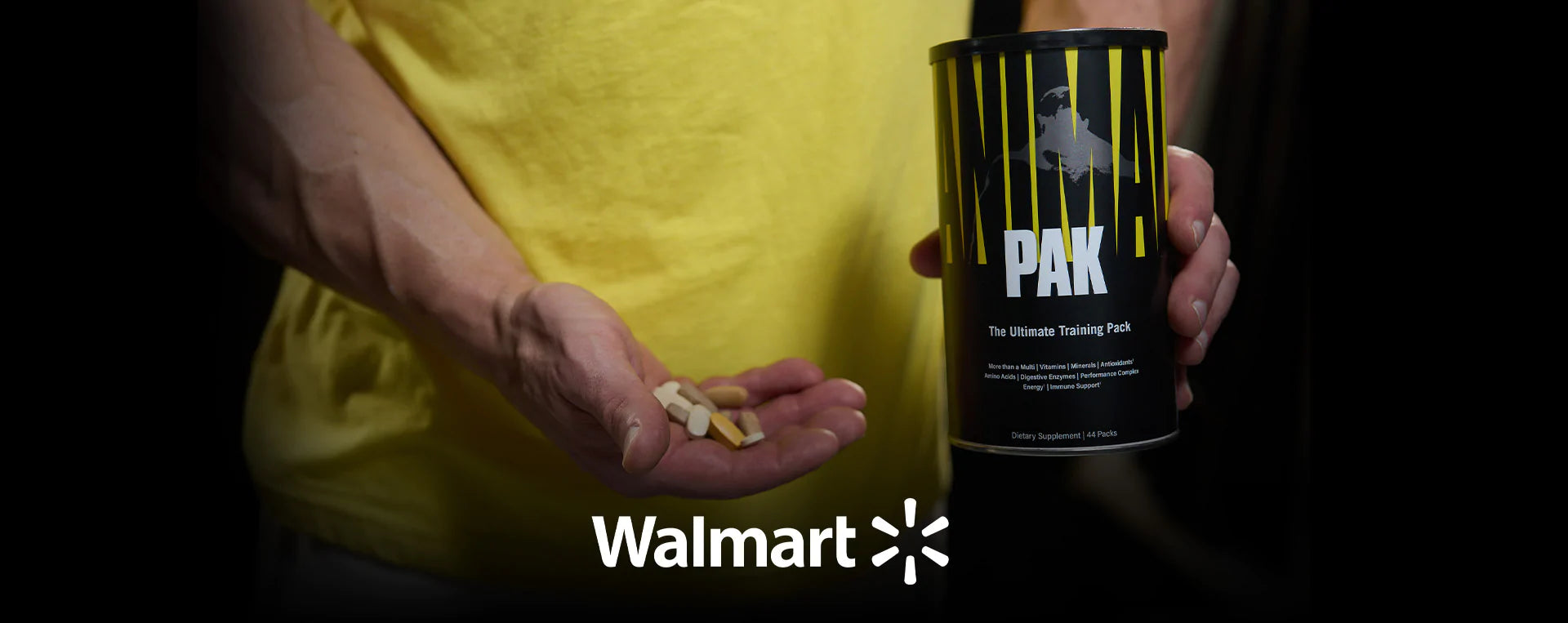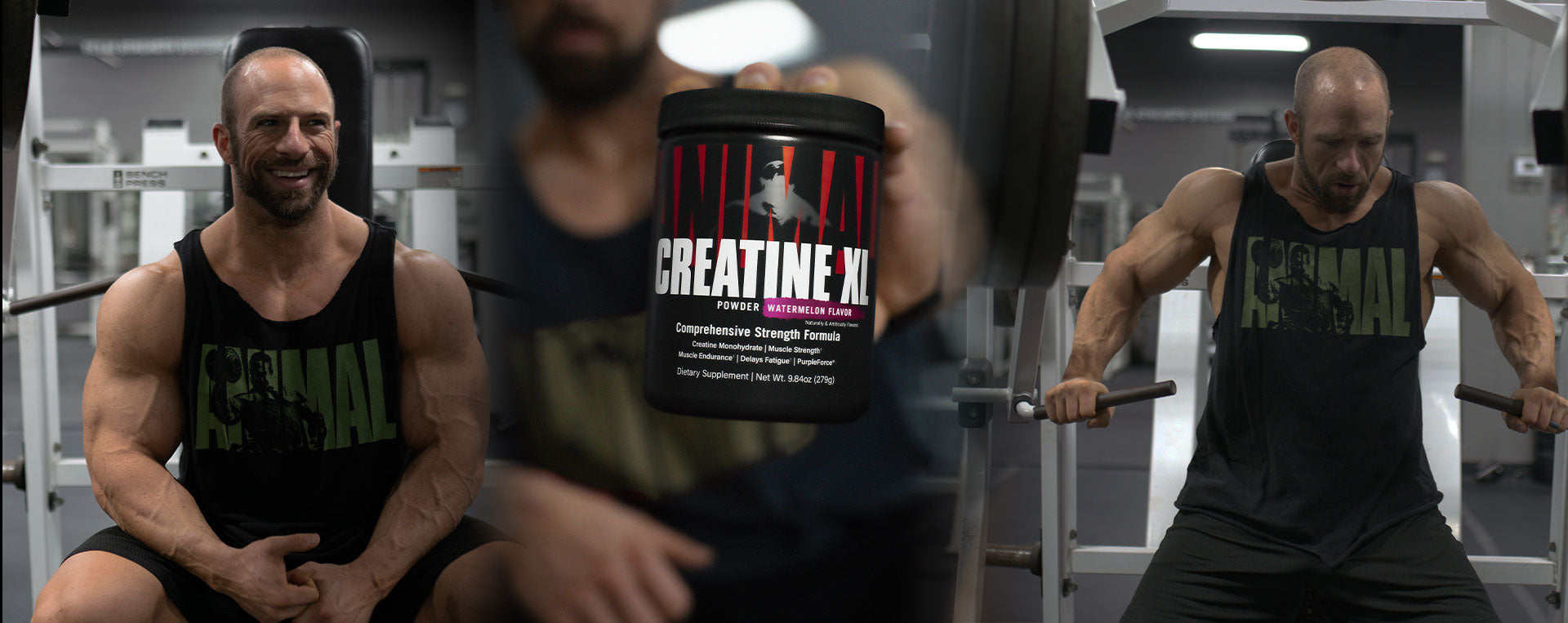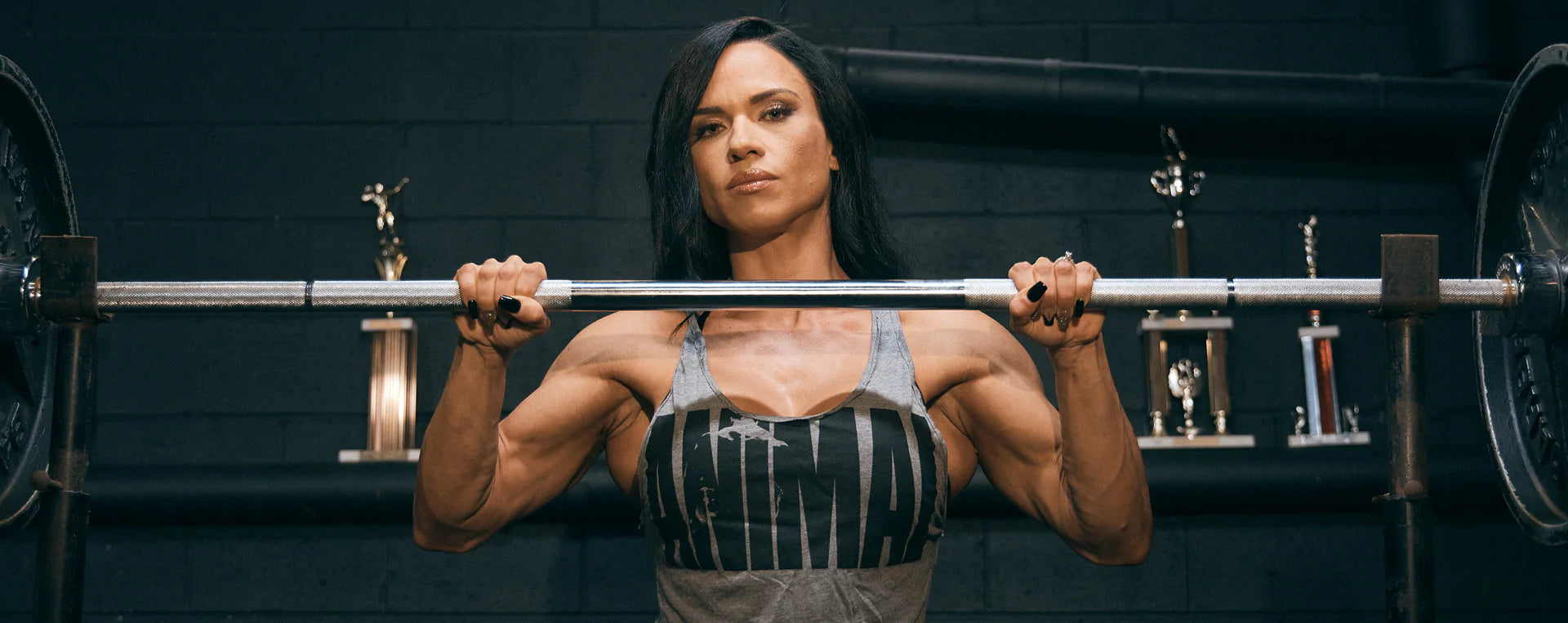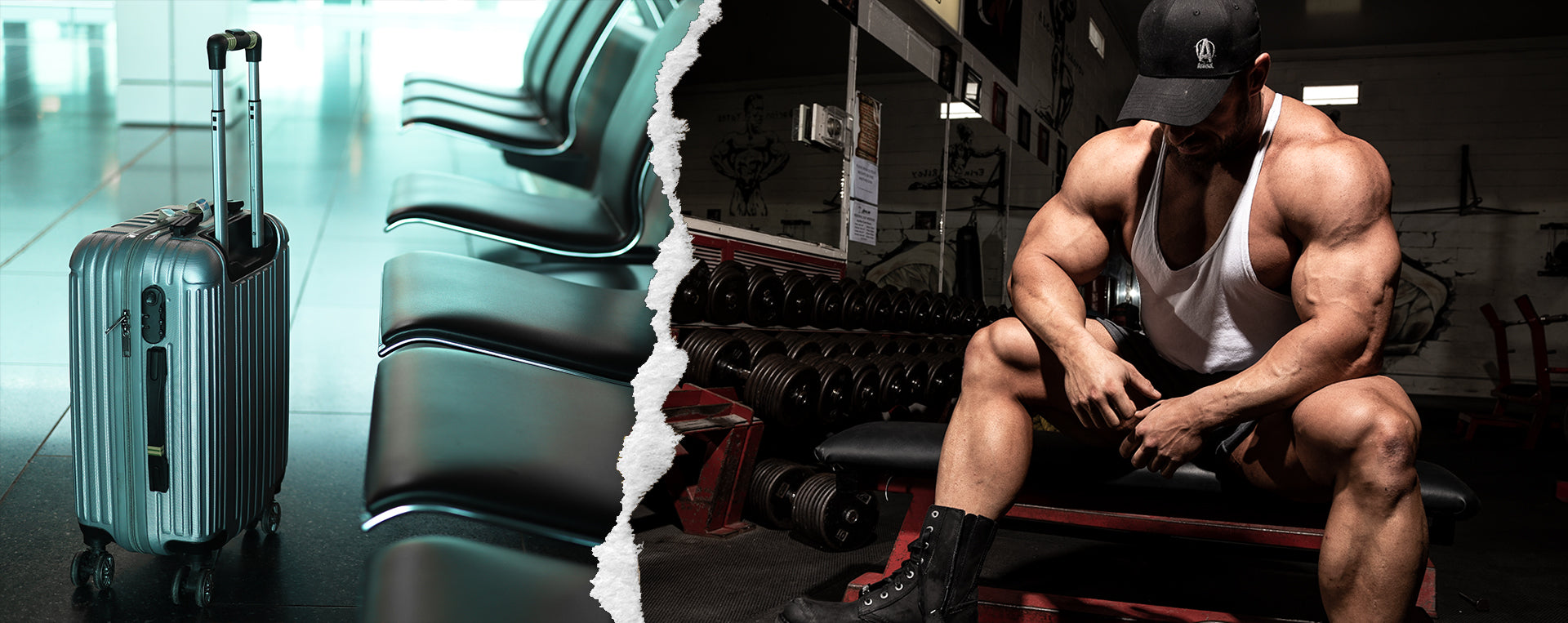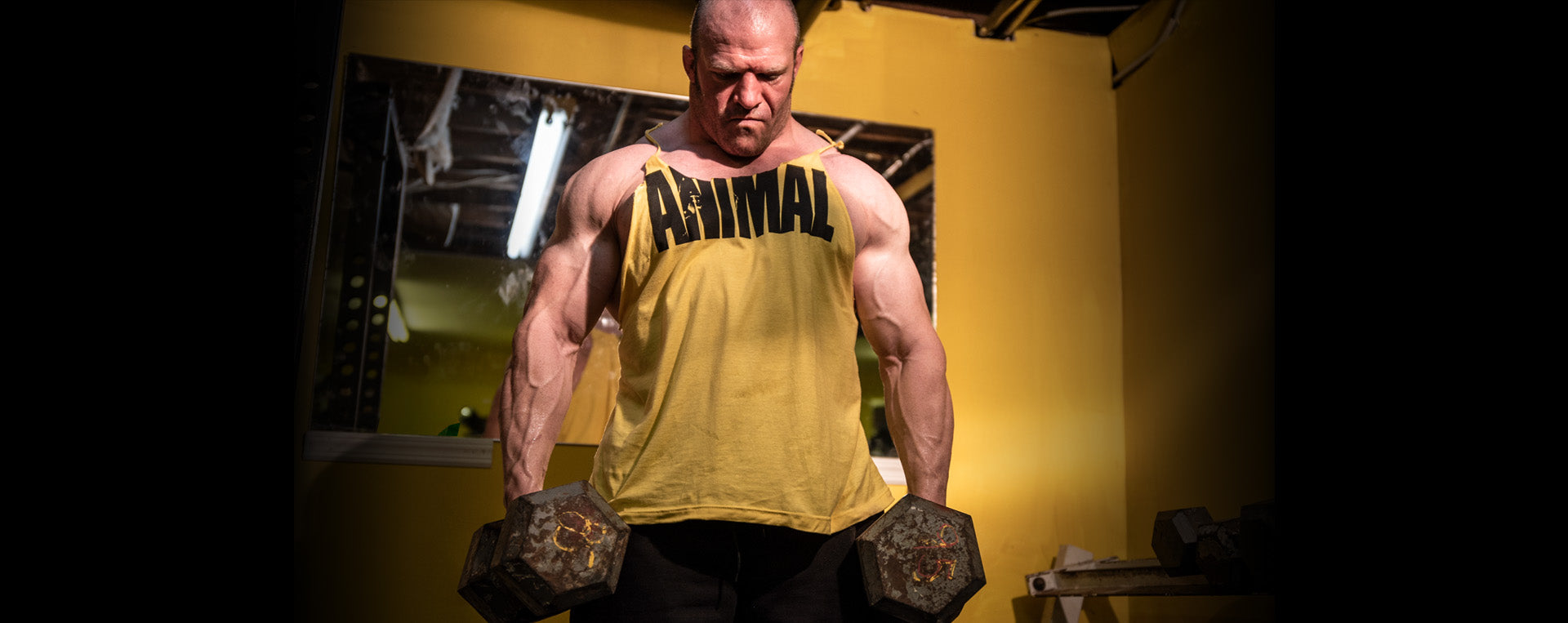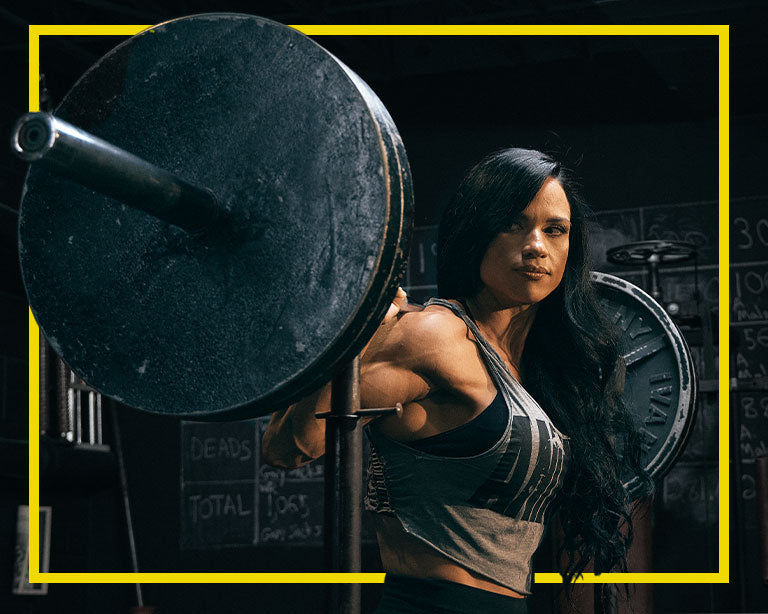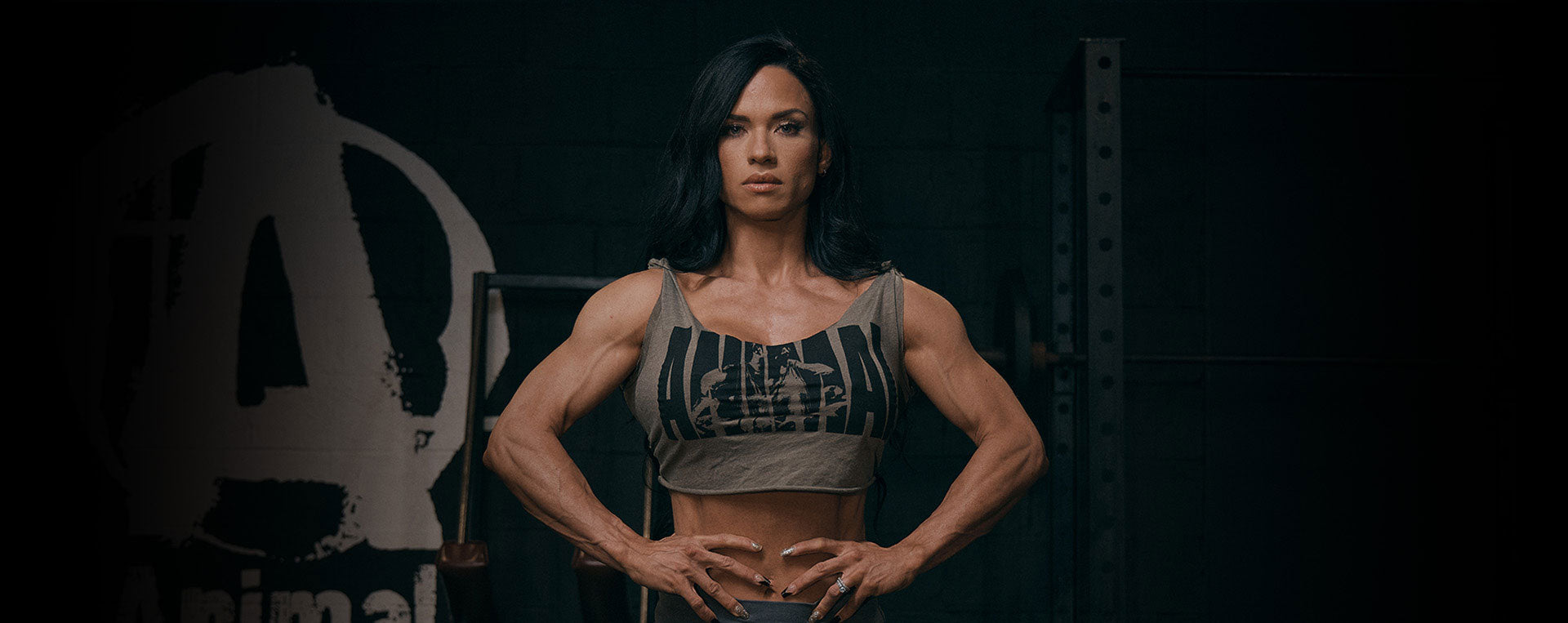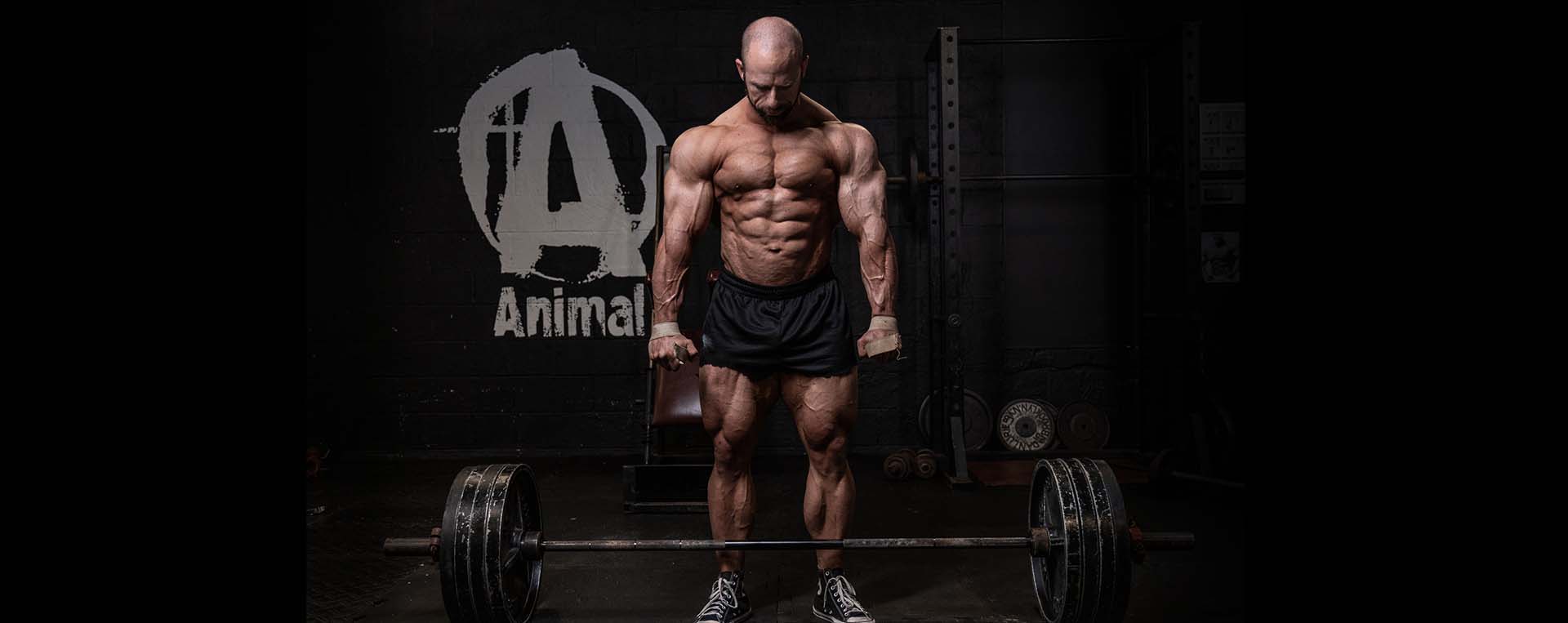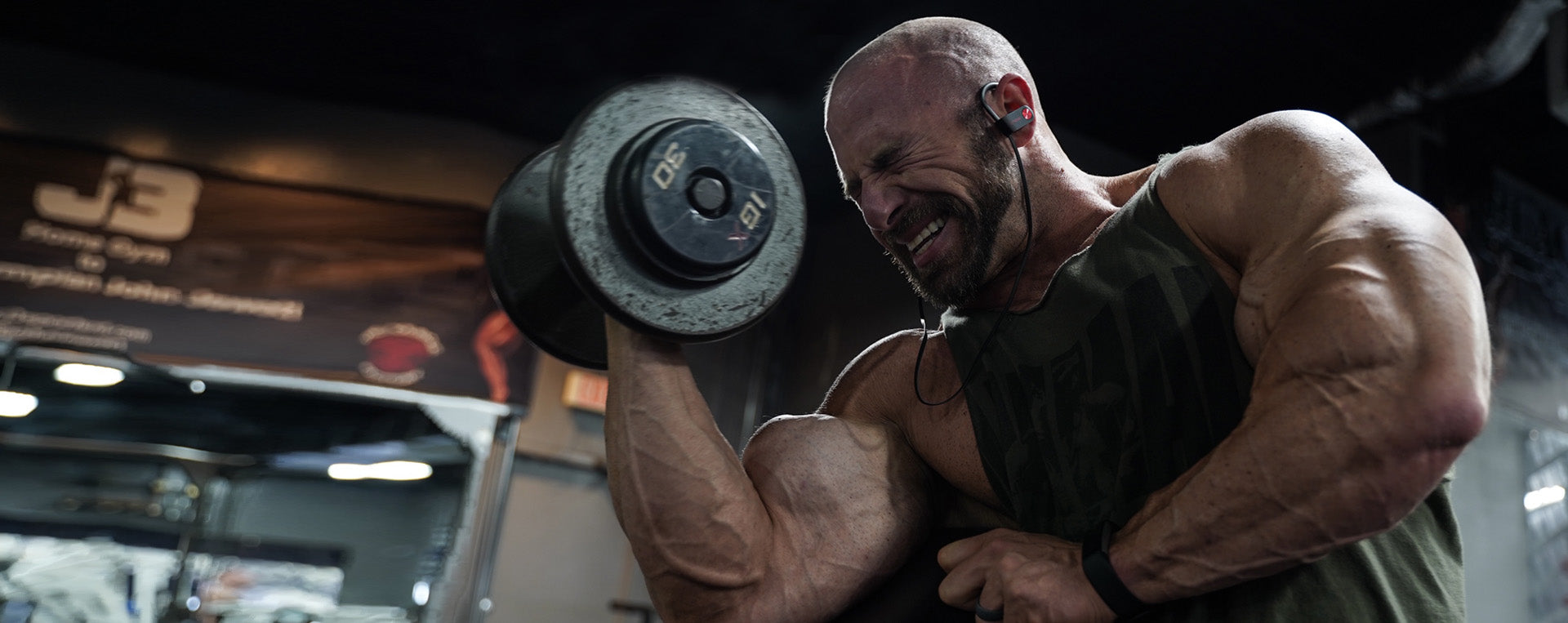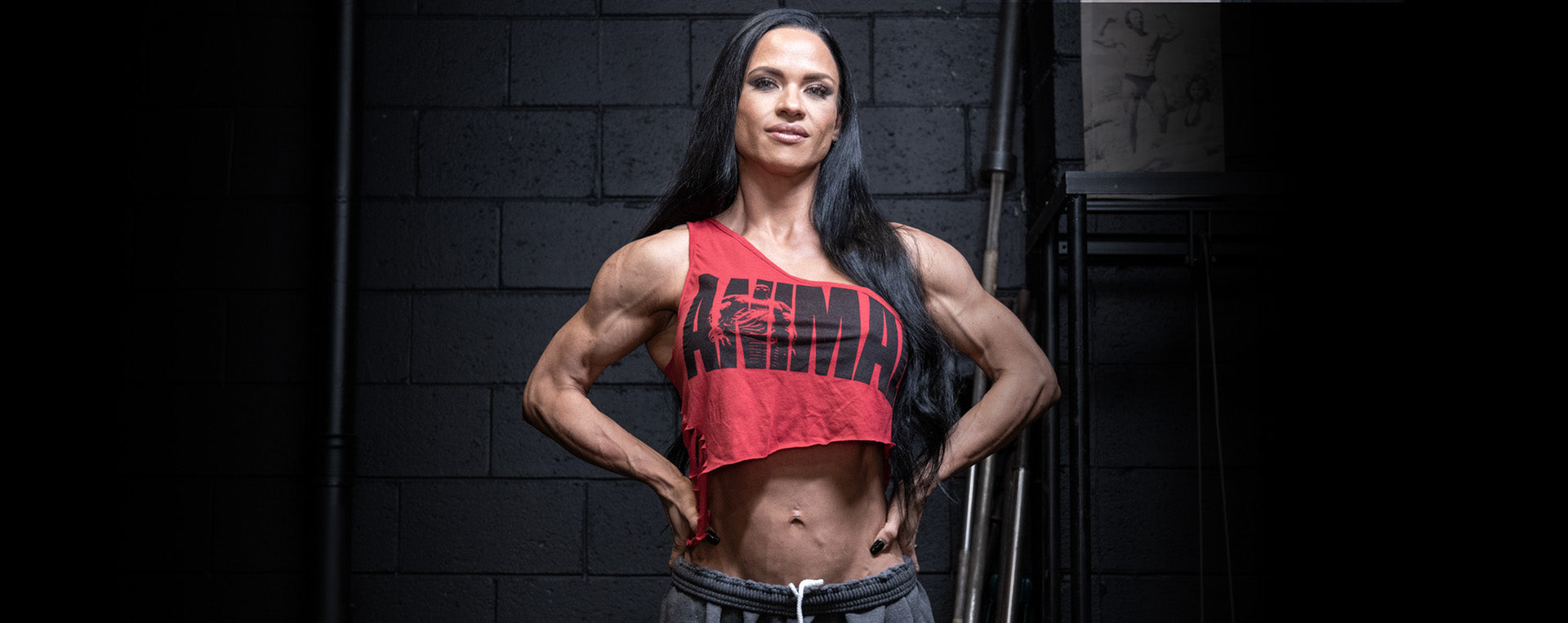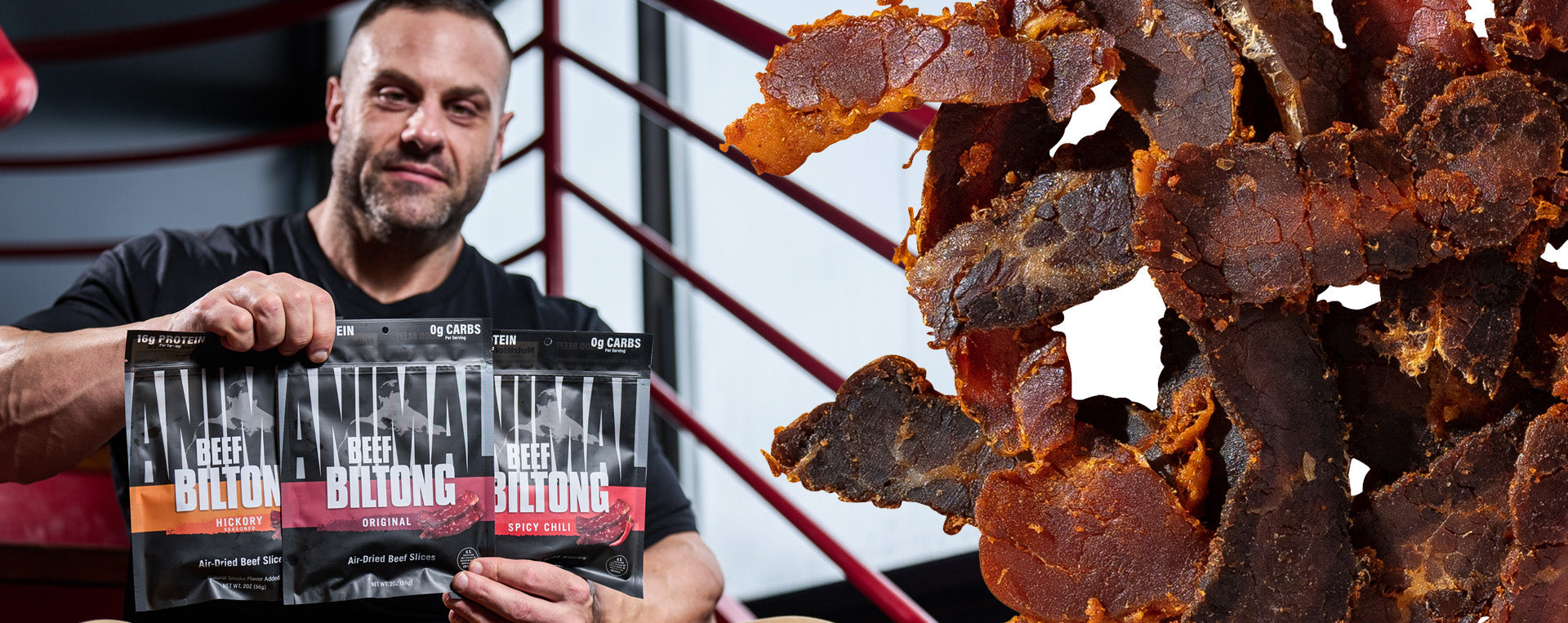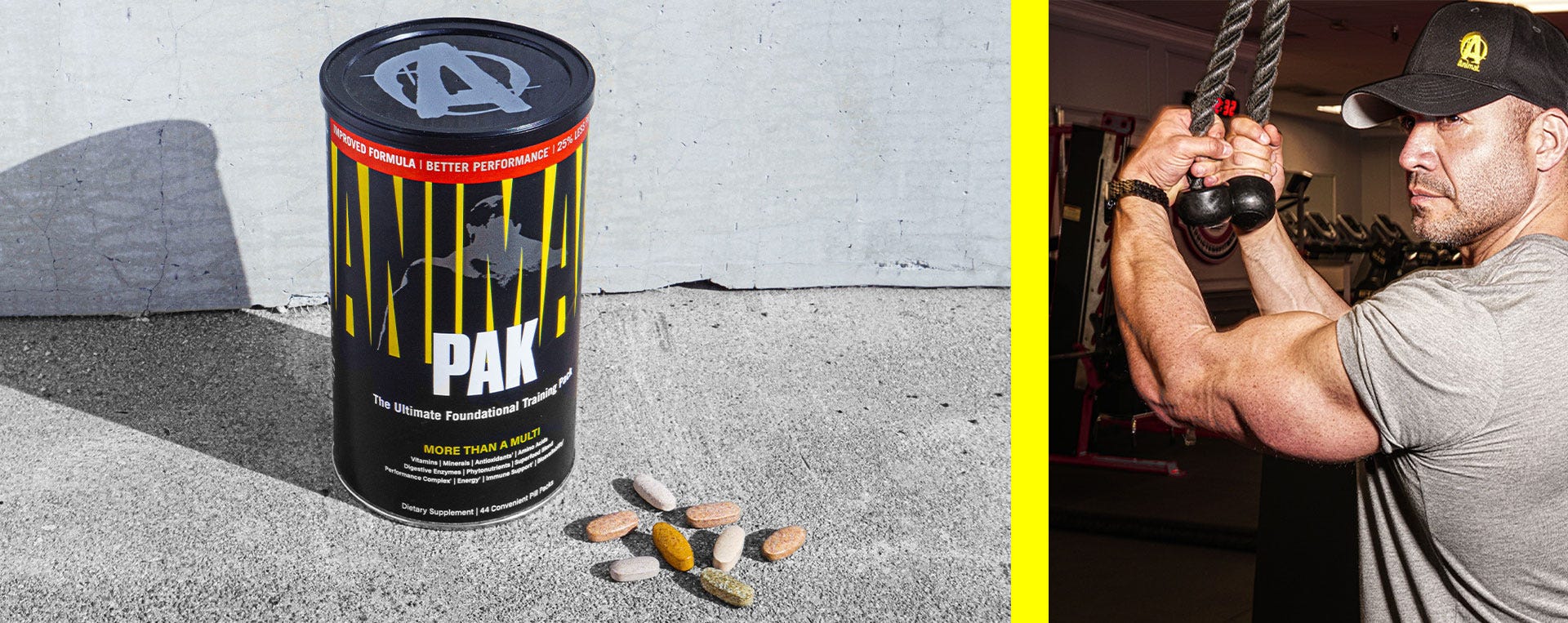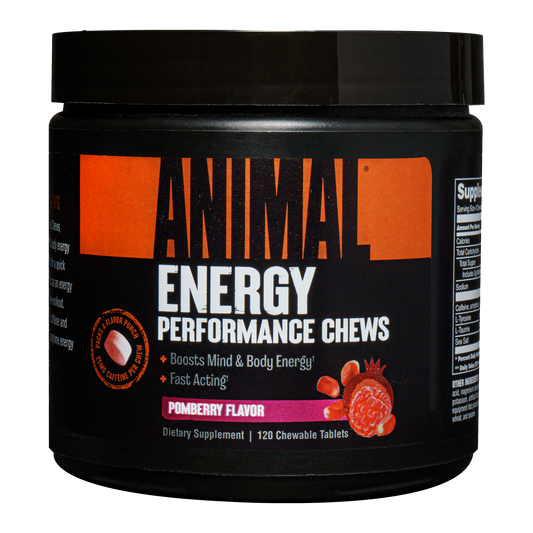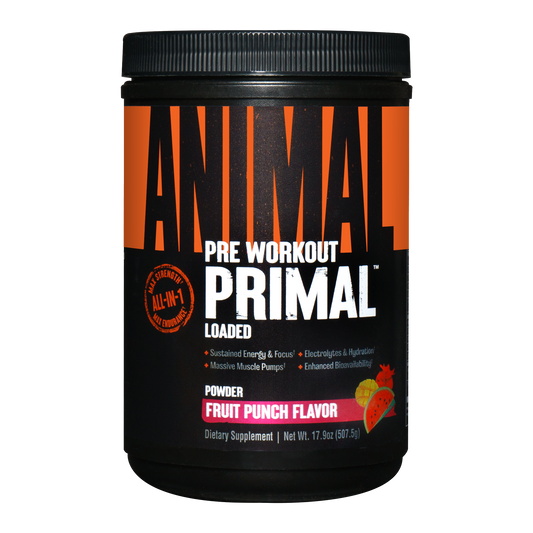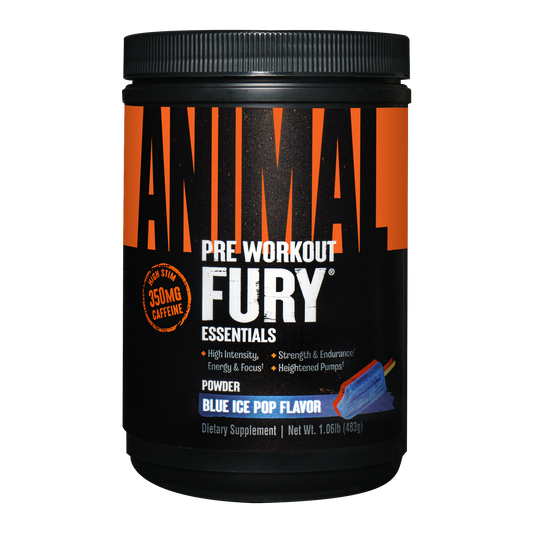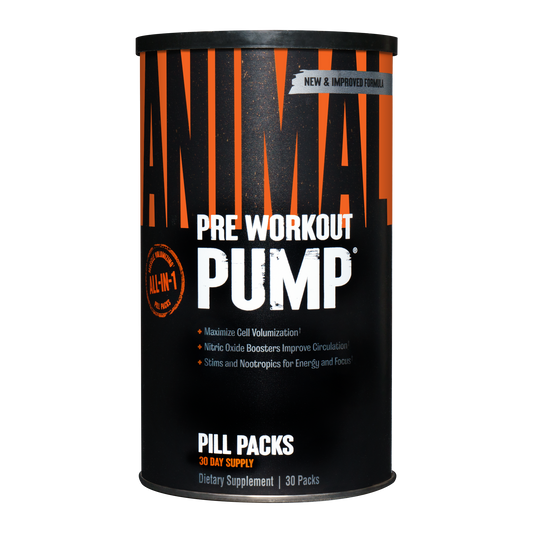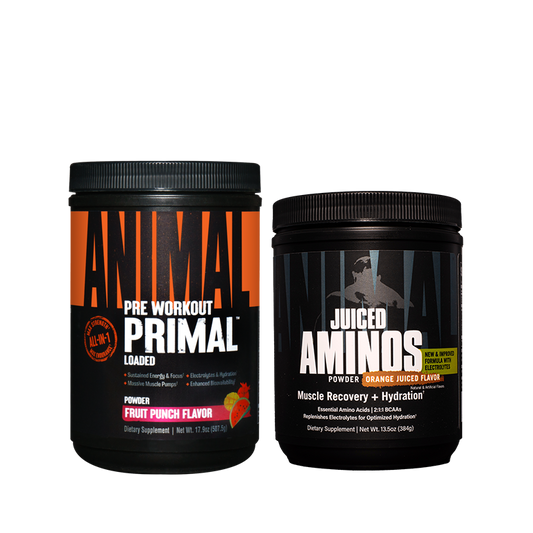Consistent adherence leads to success. You can apply this statement across the board to include school, sports, work, and bodybuilding. If you want to be great at something, you must be able to string together days of perfection that leads to months, then years of perfecting your craft. Bodybuilding is a tough pursuit, as every moment matters: sleep, daily stress management, meal timing, hydration, meal consistency, consistent lifts, and so on. Not all of us have the luxury of a monotonous bodybuilding life. Jobs happen, work travel happens, life situations pop up, and all this can derail us from stringing together these days of perfection.
Travel is one area that is a pain in the ass for a bodybuilder, as it removes you from your daily environment and kicks your routine out of whack. So today, let’s dive into how travel does not have to derail our pursuit of physique greatness.
The Planner Stays on Track
“Fail to plan, plan to fail.” This saying has stuck in my head for many years, and it is true. Before you travel, you need to have a plan for your meals, gym, and schedule. The more resources you have to work with, the easier this is going to be for you.
Where to Stay?
First, look at your hotel setup or Airbnb. The ideal situation is to have a full kitchen with a microwave and fridge. Search for an extended stay in the area or an Airbnb, most of which come fully equipped. Look for hotels that offer mini-fridges and call to ask if they have a microwave available in the lobby or to be brought to your room. Keeping food cold is your number one priority. I have zero issue eating cold food, so the microwave is a luxury item. The real crappy situation is to have no fridge at all, which we address in the next section on tools of the trade.
What is the Food Setup?
You also want to map out what grocery and food access you will have around you. Do you have access to a full grocery store? If so, the plan goes uninterrupted because even if you don’t have time to cook, you will be able to get some precooked or ready options that let you nail the macros. Usually, any place you travel is going to have some form of a grocery store. I understand the issue is more about the time component to cook food, and this is when our contingency foods come into place. I will discuss those more below. If you are a spoiled bodybuilder, maybe you just have a meal prep company mail food to your accommodations. Personally, I am not a fan of meal prep companies, as I like to control my food, and also food might not show up right on time.
How to Travel?
Once you have the plan of what to do when you arrive at your destination, you need to plan what to do on the trip to and from the location. Driving by car eases some of the burdens, as you will have gas station stops along the way to heat food or grab backup food items. If traveling by plane, you might get stuck on the plane without backup items around. Either way, count how many meals you need and pack one extra meal and one backup food item. This way, if you hit traffic or get stuck in a layover, you have food ready.
Tools of the Trade
If you have the travel mapped out the best that you can and you know how you might be limited for cookware, there are some helpful items to bring or even pick up at your destination.
Cold Food
Keeping food cool is essential. A helpful item is a portable electric cooler and warmer for the car. These plug into your 12-volt car plug, and some come with a 110-volt home plug. So, you can keep your food cool or warm on the road and even use it in your hotel room. If you are really desperate to cool food if no fridge is around, buy a Styrofoam ice chest and fill it with ice to keep food cold. For the plane ride, you can pack thermal insulated bags with food and stick them in your luggage. Keep your lunch box as your personal carry-on item.
Packing Food
Regarding luggage, if you can check on an extra bag, you can fill an entire bag with pre-cooked food. Keep it simple though: frozen veggies, a freezer bag of rice, and a freezer bag of meat choices. That is everything you need to get the job done. I have even carried my lunch box as a personal item and then a small backpack full of travel food as my carry-on bag to save the cost of extra checked bags.
Measuring Food
Other items you are going to need for success are measuring tools. Get some collapsible measure cups, and have tablespoon measures and a food scale. For the food scale, always remove the battery, so you never show up with a dead scale. Bring extra Tupperware and plastic baggies. These will be handy for packing meals when you reach your destination. You might need some baggies for pills and powders to take with you too.
Hot Food
Remember I said hot food is a luxury and unnecessary? Well, if you want hot food, you can get a single burner hot plate and pan and cook food in the hotel room. Just don’t set off the fire alarm!
Food Contingency Plan
With the hotel and travel set and your tools in place, you now need some food for a backup plan. These are good items that not only serve as backups but also ease the burden of meal prep if you don’t have a full kitchen and resources.
Protein
Protein sources can be more of a challenge since most need to be cooked. Powders are your friend during travel. Bring some pre-portioned baggies of Animal Whey. You can pair this with any carb and fat source to make a macro-matched meal. Too lazy to do that? No problem! Grab some Animal Meal. At 46 g of protein, 49 g of carbs, and 14 g of fat, Animal Meal is designed to be a whole food meal replacement.
Need a more substantial protein source but not a drink? Animal has you covered with Beef Biltong. This is our slow dehydrated convenient beef snack that does not require any refrigeration. At 16 g of protein, 0 g of carbs, and 2 g of fat per slice, Beef Biltong is an easy way to have a solid meat-based serving for the day, without worrying about cooking. Also, this can serve as a backup protein on hand. If beef is not your thing, you can still grab some prepackaged tuna and keep that on hand as a backup.
Carbohydrates
Carbohydrates are a bit easier, as you can grab carbs almost anywhere. I like to keep a sleeve of rice cakes on hand, as they are low-fat, easily digested, and don’t require refrigeration or heating. If you are high-carbing on the diet but don’t want to eat 20 rice cakes, take some bagels or English muffins with you. Fruits are another snack to grab that you can usually find anywhere. I’ve even made do with a gas station bagel or low-fat pretzels when I had no other carb options around.
Fats
Fats can be the most accessible of all macros. Nearly all food retailers sell various nuts. These are great fat source options you can take with you. I know nut butter might be on your mind, but good luck getting it through TSA, so nuts are the friendly plane-travel option. If you have a nut allergy, then grab sunflower seeds or even olives will work, and you can find both in travel packs.
Backup Meal Option:
2 servings of Beef Biltong
4 lightly salted rice cakes
15 g almonds
375 kcal, 38 g protein, 3 1g carbohydrate, 11 g fat
Shit Hits the Fan
I know I gave you a lot of planning to do, but you follow it all, you should really be pretty well set up for all situations. However, shit happens, and part of the plan needs to include what to do in the worst-case scenario. This is the situation when you have no food with you, no grocery store, and no kitchen. You are the stranded bodybuilder, surrounded only by a mirage of restaurants. Well, it’s not ideal, but let’s make it work.
You want to think about options regarding who is going to be able to serve you a controllable amount of protein, carbs, and fats, yet not all mixed into a dish you can’t control amounts on. Let me lay out some options for you. Also, don’t be embarrassed to bring your food scale into a restaurant. You have goals, so stop caring what people think. You might download an app like Cronometer to help pull up restaurant options and to macro track.
- Outback Steakhouse
- 9 oz. center-cut sirloin (ask for no steak butter)
- 200 g baked potato (plain)
- Grilled asparagus (ask for no butter)
- 533 kcal, 59 g protein, 45 g carbs, 13 g fat
- Chick-Fil-A
- 1 grilled chicken sandwich (use mustard only)
- Medium fruit cup
- 355 kcal, 29 g protein, 48 g carbohydrate, 6 g fat
- IHOP
- 6 servings egg white, scrambled
- 2 slices of sourdough toast
- 60 g avocado
- 390 kcal, 39 g protein, 49 g carbohydrate, 14 g fat
The options might not fit in your macros, but these are some ideas to work with to adjust for what you need. Most apps have foods logged or restaurants have calories tracked. Realize though that when someone else is preparing your food, they are not measuring and weighing it as you would, and this can add a lot more calories you are not planning on. Oils, butter, and condiments can really drive up calories, so always ask how food is prepared. It’s not ideal, but when the worst-case situation happens, it is better to eat something than starve.
Traveling is hard on the routine bodybuilder, but with some planning, we can halt nutrition deviations from occurring and keep you consistent and moving towards your physique goals.


